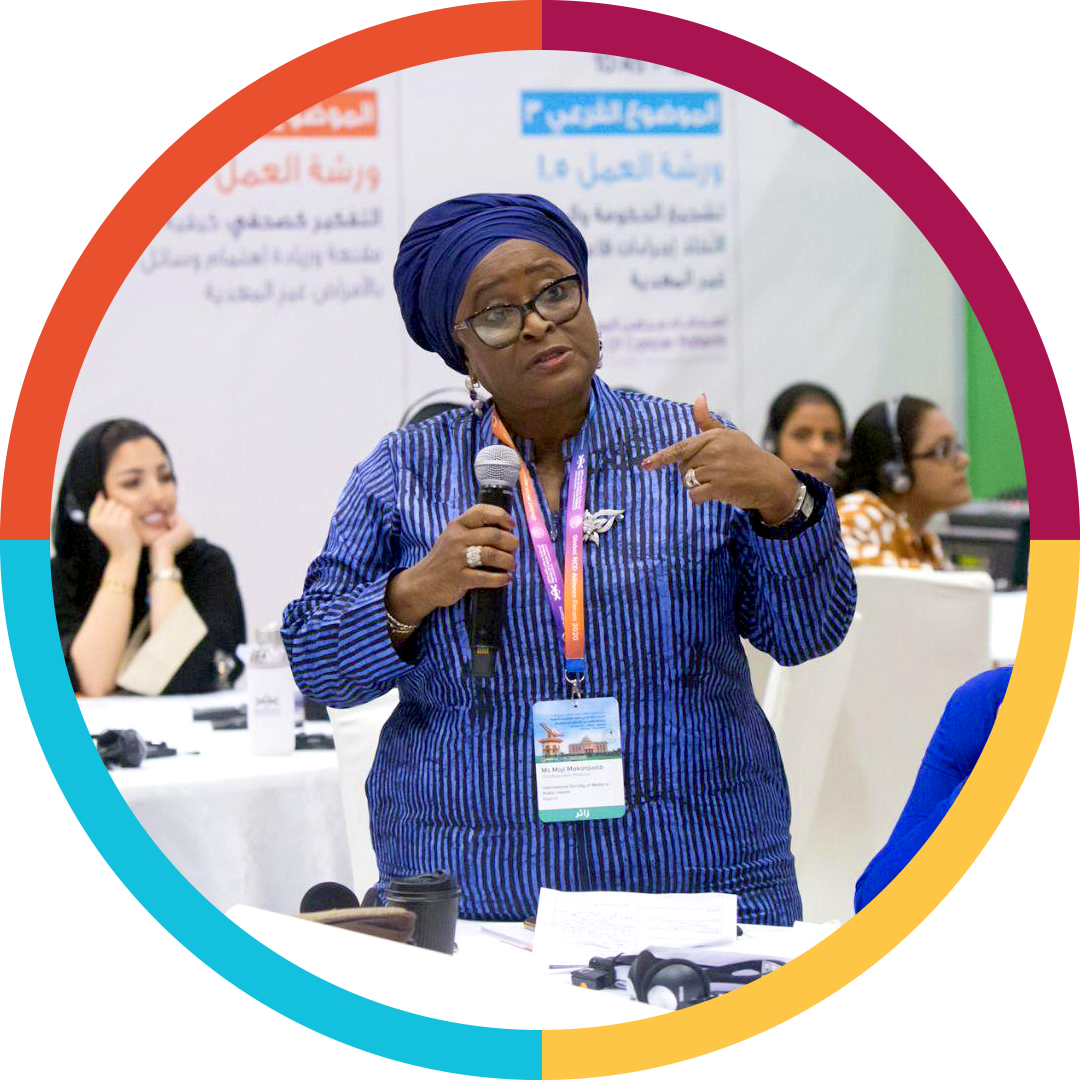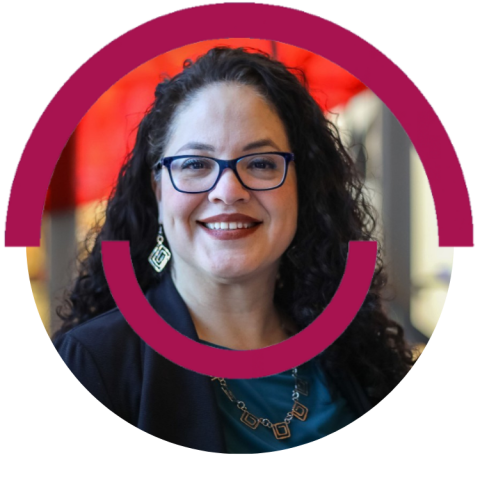Introduction: A Growing Challenge
Obesity is no longer a health challenge confined to high-income countries. In fact, global obesity has more than tripled since 1975. The World Health Organization’s (WHO) Acceleration Plan to Stop Obesity states that low- and middle-income countries (LMICs) are now seeing some of the fastest rises while shouldering a growing share of the burden. Beyond its direct health effects, obesity fuels other non-communicable diseases (NCDs)—conditions such as diabetes, cardiovascular disease and certain cancers—that stem from genetic, physiological, environmental and behavioral factors. These diseases strain health systems, burden economies and reduce people’s quality of life.
The Cost of Inaction
At the UN General Assembly, we witnessed consensus across countries, recognizing obesity as a systemic challenge with profound social and economic consequences. It further highlights that NCDs impose a significant burden on economies and are closely tied to poverty, limited social and economic progress and other inequities. Despite growing recognition of these challenges, many LMICs still lack the infrastructure and resources to respond effectively.
A recent World Obesity Federation survey across 32 countries underscores these challenges, finding that: referral pathways remain limited, and treatment options are scarce. According to the survey, without stronger policy measures – such as early diagnosis, consistent screening and wider access to patient-centered care at a primary healthcare level– the long-term costs for people, health systems and economies are set to climb even higher.
Strengthening Local Communities
Despite growing recognition that obesity prevention and management must be prioritized, glaring gaps remain – in understanding the underlying drivers, acknowledging its full health risks and advancing the policies required for a truly holistic response.
At the heart of any solution are the people on the ground: local healthcare workers. Communities cannot deliver prevention, screening, diagnosis, treatment and long-term support without a strong, skilled and stable health workforce. Community healthcare workers are often the bridge between overburdened health systems and the people who need care most. They guide healthier choices, connect individuals to appropriate health care and follow up where formal systems often fall short. Supporting frontline workers can transform short-term solutions into lasting progress, providing the foundation for sustainable change.
Driving Change
Still, empowering healthcare workers is just one part of the solution. Obesity and other NCDs are systemic challenges – and they demand systemic solutions. No single sector can address them alone. Governments, businesses and NGOs all have a role to play, and real progress happens through multisector support.
With a donation from Lilly to UNICEF USA, UNICEF USA supports UNICEF’s efforts in training community healthcare workers, building stronger data systems, expanding access to primary care for NCDs and reinforcing prevention and treatment programs for children in resource-limited settings in LMICs*. These programs are already helping millions of young people at risk of NCDs in such resource-limited settings, showing how to drive lasting impact.
Conclusion: Turning Momentum into Action
There is still much work to be done, but the path forward is clear. By supporting efforts related to prevention, expanding healthcare access, and strengthening community healthcare workers, we can equip health systems in resource-limited settings to respond effectively. When driving multisectoral action through efforts by government, business and other organizations, we can accelerate progress far beyond what any one actor could achieve alone.
If we act now, LMICs can avoid the growing obesity burden – easing the pressure on health systems, and ultimately creating healthier, more resilient communities. Let’s ensure a future where no country is left behind in the fight against obesity.
* UNICEF does not endorse any company, brand, organization, product or service.






